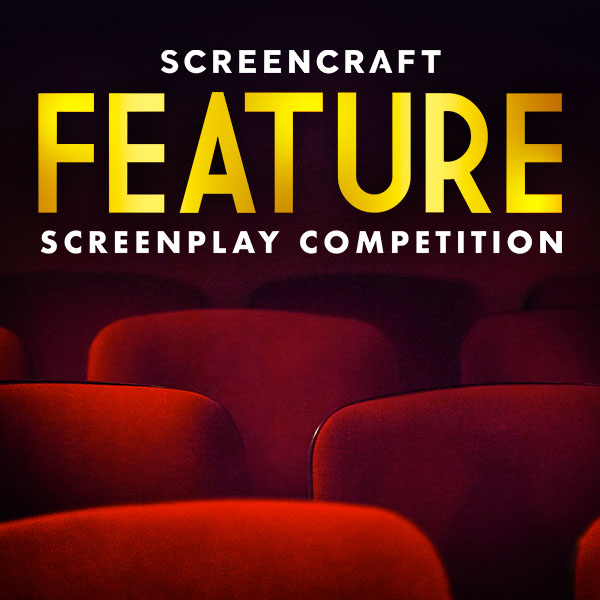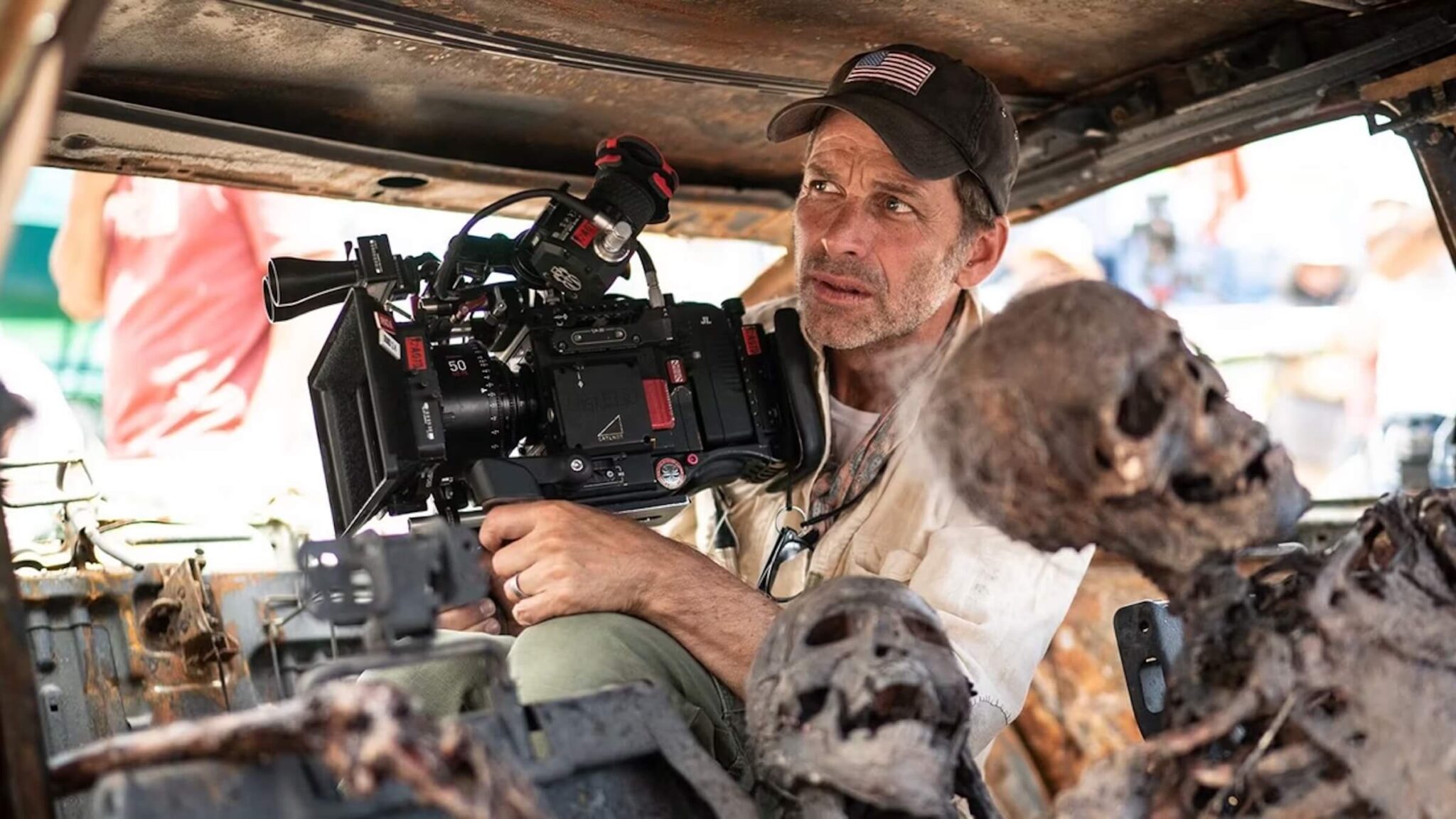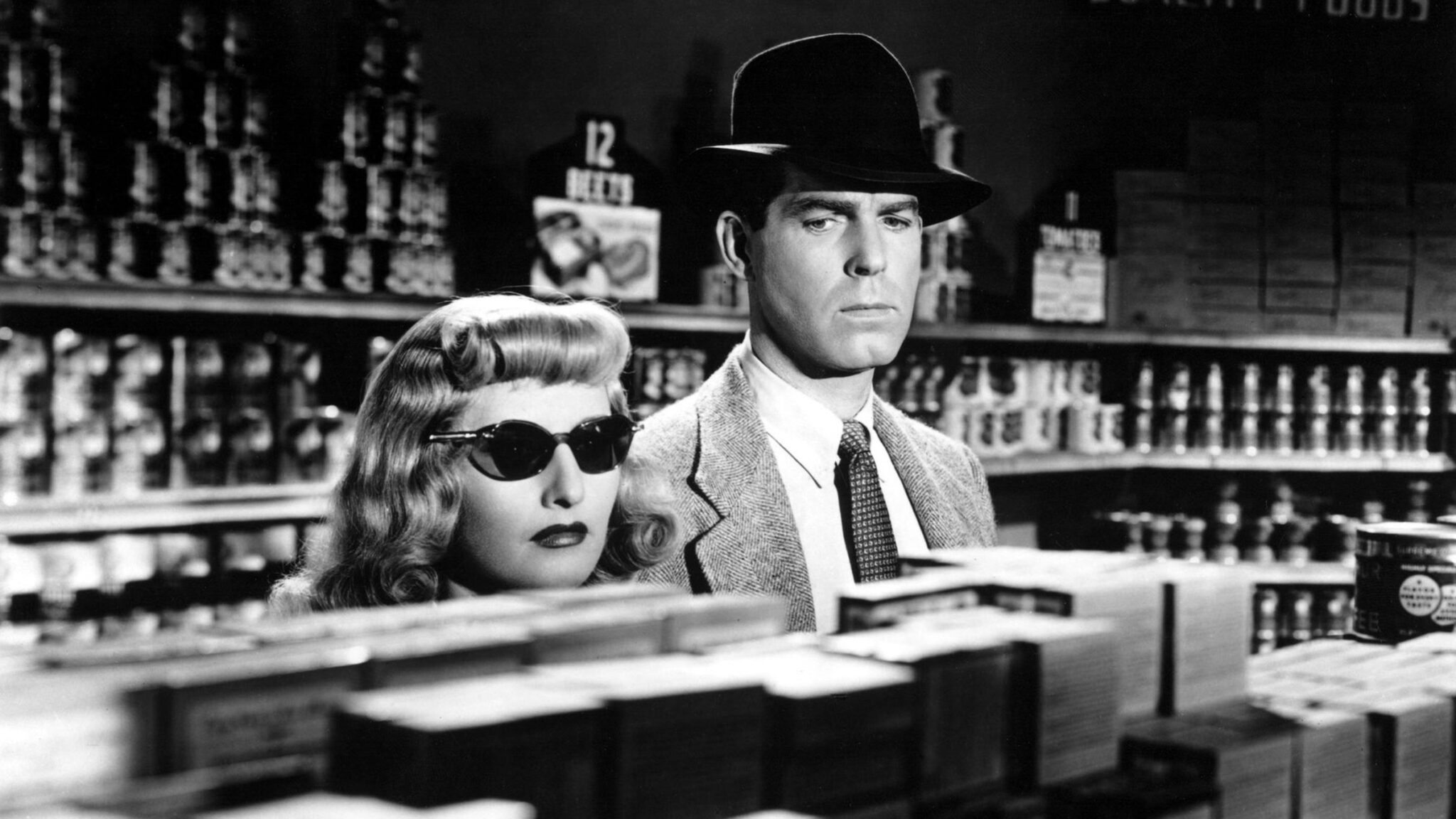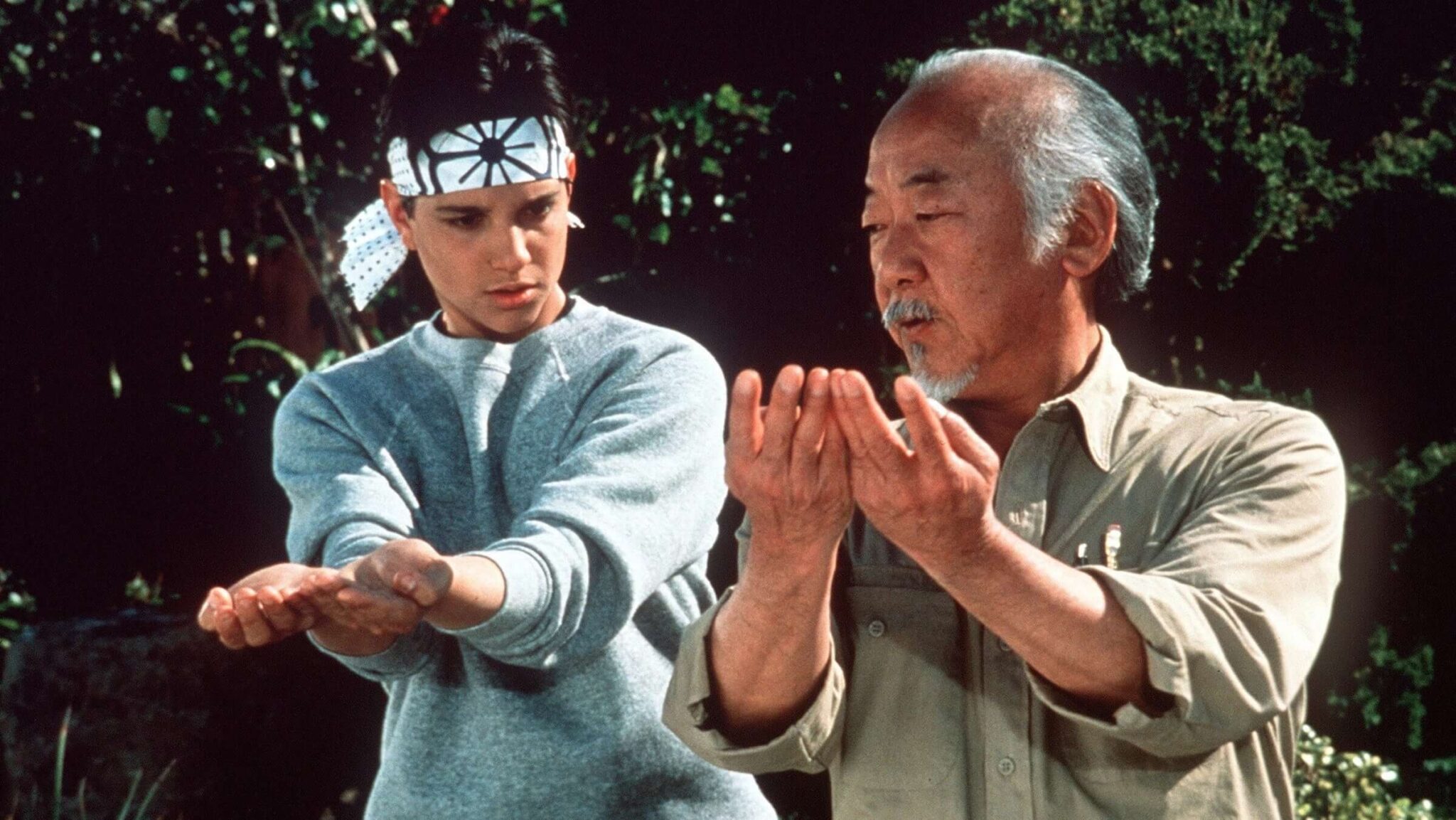What Seven Hollywood Gatekeepers Love and Hate in Screenplays

Imagine if screenwriters could get an early peek into the perspective of Hollywood gatekeepers — what they love, what they hate, and what they look for in screenplays.
Vulture recently interviewed seven Hollywood insiders for just that. One of the most important aspects of breaking through those Hollywood walls is information, so sit back and enjoy some key nuggets of wisdom and perspective from some of Hollywood's biggest producers and executives.

Michael Barker, Co-President at Sony Pictures Classic

Jason Blum, Producer at Blumhouse Productions

Kristin Burr, Former VP of production for live-action projects at Disney; Producer at Burr! Productions

Michael DeLuca, Former President of production at Dreamworks and Newline Cinema; Producer at Michael DeLuca Productions

Helen Estabrook, Producer at Right of Way Films and Estabrook Productions

Lynda Obst, Producer at Lynda Obst Productions

Will Packer, Producer at Will Packer Productions
What Do They Think Are the Most Interesting Scripts?
"I ask myself, 'Will these characters and this story stand the test of time?’ and ‘Is this a resonant story at this moment in the world?' I tend to look for something fresh that surprises me," Michael Barker (Crouching Tiger Hidden Dragon, All About My Mother, and Midnight in Paris) answered.
Kristin Burr (Sweet Home Alabama, The Proposal, and The Muppets) shared that the stories she most wants to tell are "Are heartfelt, sincere, and hopeful. The world can feel bleak sometimes, so I want you to feel better walking out of the theater than you did walking in."
Michael DeLuca offered a passionate response of his own. "I love escapism, but what gets me really excited are true-life stories; movies like I did with [producers] Scott Rudin and Dana Brunetti — Social Network, Moneyball and films like Zero Dark Thirty, and Argo."
Helen Estabrook (Up in the Air, Young Adult, Whiplash) is looking for "Anything new and strange, as long as it’s intelligent and emotionally honest."
Lynda Obst (Sleepless in Seattle, The Fisher King, Interstellar) wants to find stories that "run perpendicular to the political narrative, but still shed light on it, and stories that reveal something moving and deep about character."
Will Packer (Think Like a Man, Straight Outta Compton, and Girls Trip) said,"[Scripts that interest me now] are those that authentically represent the perspective, lifestyles, cultures, struggles, and joys of real people. That’s why I think Girls Trip worked; it had nuances that other movies like it didn’t have. It gave women, regardless of ethnicity or background, an aspirational feeling of being free."
These Hollywood figures go against the false notion that all producers want are big pictures that can start franchises. While there are those in the industry looking for such scripts — Hollywood is a business — most producers are looking for unique screenplays that will resonate with audiences in many different ways, be it through outright escapism or by showcasing strong characters and stories.
What Are the Most Annoying Trends in Screenplays Today?
Burr hates the violence she sees. "Violence for violence’s sake. I appreciate the craft that goes into action and fight sequences, but it seems the stream of assassin-character scripts tend to celebrate violence and destruction without purpose or repercussion."
DeLuca isn't a fan of formulaic screenplays. "Slavish devotion to formula or anything too derivative or anything that’s riding the coattails of another movie’s success can be a little deflating, rather than taking four stabs at making originals; jury-rigging tentpoles as opposed to investing in originality and innovation."
Estabrook seemed to agree with that notion, saying, "I am always annoyed when I read something that feels like it was just written to sell. It’s very obvious when someone has written something they actually believe in."
"Self-referential comedies whose characters comment on what’s going on in the movie; it’s a cutesy style of writing that winks to the audience, ‘We’re in on the joke!’ It used to be funny in early 2000 Will Ferrell movies — he could pull it off. But it’s overdone now. Also, scripts that have characters talking about movies is my pet peeve. Quentin Tarantino can get away with it, but it totally pulls you out of the movie. It’s like reminding the audience that they are sitting in a theater. It’s the screenwriter’s job is to make the audience forget that," said producer Jason Blum (Paranormal Activity, Whiplash, and Get Out).
Obst isn't a fan of depressing movies or old TV show cinematic remakes. "I loathe slasher movies and dystopian future scenarios — lazy, repetitive, and depressing. I also hate bad science in sci-fi when it’s easily correctable. The country is dumb enough without our cooperation. Also, making movies out of TV series. It shows a depressing lack of confidence in market, and an overreliance on marketing."
Packer puts the blame on expectations of the studios, distributors, and financiers. "It’s less about a lack of creativity from the writer’s perspective than it is what financiers, studios, and distributors are pushing writers to write."
Barker gets specific by saying, "American screenplays tend to be very long in a way that’s really irritating. Screenplays we get from European writers like Michael Haneke are generally shorter. Scripts are also irritating when, if after 15 or 20 pages, you’re still like, ‘What is this? What’s going on?"
Whether it is length, lack of originality, or specific distaste for a genre or how a genre is written, there is some clear takeway information here for screenwriters.
What Are Their Biggest Turnoffs?
"Horror movies. But I’m a sucker for Westerns," commented Barker.
Estabrook agreed with Barker, saying, "I would have a hard time signing onto a horror script, mostly because I think it’s the one genre that has done the best to both utilize and subvert the established tropes. I am just not nearly as well-versed in the canon to make a great horror film." She also doesn't like scripts that "have terrible descriptions of female characters."
Burr focused on today's scripts geared towards kids. "Someone attempting to write for kids by making it feel less intelligent and, frankly, lame. My favorite movies as a kid are still things I admire today because they have smart, engaging characters," said the former VP of Disney live action production.
The turnoffs for the gatekeepers were clearly more based on personal preference. In the end, cinema is subjective. Producers like Jason Blum love horror and have excelled in the genre.
What Are the Best Scripts They've Ever Read?
Barker offered his favorite writers to read. "David Mamet’s were always spectacular. For Woody Allen’s movies, we never read the scripts. His movies are based on very little knowledge on our part; we throw fate to the wind."
The others were more specific.
Blum offered, "Sinister. It didn’t change very much. And neither did Get Out."

DeLuca loves scripts that are ready to shoot. "Boogie Nights by Paul Thomas Anderson and Aaron Sorkin’s The Social Network. They basically shot the scripts I read. That’s extremely rare."

Obst gives props to an underrated and sometimes forgotten classic starring the late Robin Williams. "Richard LaGravenese’s The Fisher King."
What About Format, Structure, and Aesthetics?
When asked if a script should follow any particular formula, DeLuca said, "Not at all. Almost everything we’ve done, starting with Paranormal Activity, breaks the mold. That was an 80-minute movie with a 45-minute first act, and the first big scare happens over halfway through. In tentpole movies, it’s too risky to break the three-act structure. But almost every movie we do challenges the notion that there’s a formula to screenwriting."
Burr doesn't let bad spelling and grammar slide. "A script can feel lacking in professionalism when it’s full of typos. Also, at this point, shouldn’t we all know the difference between ‘to’ and ‘too’?"
Obst agrees with Burr, saying, "I think a writer is suspect if a script isn’t spell-checked. I’m an ex-editor, so grammar is important except obviously in dialogue."
DeLuca is a little bit more forgiving with spelling and grammar. "By the time a script reaches me, it’s rare to run into grammar and spelling problems. But if I’m digging the script, I’ll forgive any number of typos. Those are easy to fix; fixing theme, plot, and character is not!" He is thankfully lenient on most format "rules" when it comes to structure, the taboo of voiceover, etc. "If it’s satisfying, all bets are off. Some of my favorite films have incredible voice-overs: Full Metal Jacket, Apocalypse Now, and Goodfellas. Then there are movies that are practically silent like 2001: A Space Odyssey; or really any script by Charlie Kaufman. I’m grateful for it all; it’s like a buffet."
Estabrook shares an issue with long scripts. "I’m already turned off if I’m looking at the page count."
Some gatekeepers are more forgiving than others when it comes to spelling and grammar mistakes, but most can agree that it's better to be on the side of fewer to no errors than a noticeable amount. And like we've seen in most successful screenplays, there is no one way to write an excellent script — so most rules and formulas should be viewed more as guidelines. Read ScreenCraft's How Rocky Debunks the Screenwriting Guru Book Save the Cat for more on that!
Do Budgets and IP (Intellectual Property) Matter?
Barker believes that budgets are "always on our minds. We often say, ‘Holy mackerel, there’s no way we can make this,’ because nowadays, we only invest in the screenplay about a third of the time. Nora Ephron once told us she wanted to do an indie and sent us a screenplay, but there was no way it could be made low-budget. She didn’t understand that part of the business, because she had only made big movies."
What about pre-existing sourse material? How does that make them feel? "Very mixed," Blum replied. "Obviously the most successful movies of this summer were superhero movies. As much as people are disdainful of these, it’s what audiences are showing up to see. If I were making $100 million movies, I’d be doing the same thing. I do think rebooting horror-movie franchises is a more forgiving thing than, say, resurrecting a preexisting comedy. Horror relies on concept. Comedy relies much more on the actors and the comedians."
DeLuca also had mixed feelings about reboots and remakes. "It really depends. I’m working on a new version of Battlestar Galactica because I loved both TV series. I also read the comic. I’m full-on a fan. If you have a personal connection to something, or you think you have something to contribute to a new version, then have at it. But I don’t think that’s what we should do exclusively."
Is Diversity a Focus When Looking at Scripts?
Burr was a clear yes with that question. "I prefer for movies to reflect our world as it is and sometimes as it should be, so I seek out opportunities to include a diverse cast — no matter the type of film."
Packer is rightfully passionate about the subject. "Quite a bit. The reason there’s been such a dearth of diversity in Hollywood is because a narrow group of writers have depicted their versions of reality. If I’m telling stories that truly reflect the world, I shouldn’t have to try to be diverse. Also, I’m not white; I didn’t come up in the Hollywood system. This helps me have a very different view of content creation. And I live in Atlanta — not Los Angeles — so I’m naturally around more so-called ‘real’ people, and that helps."
What Do They Look for in an Ending?
Barker wants that great, uplifting ending. "I have seen so many films that, if they don’t send the audience off on a high note, or have the right punctuation at the end, it really hurts the word-of-mouth. A good ending is vital."
Estabrook wants the "parking lot ending." "I used to talk with a colleague about the idea of the “parking lot ending” — the thing you’re debating, in an excited way, while you’re still in the parking lot of the theater. So, I want it all: satisfaction and more questions."
For Obst, it's all about how you feel by the end. "Relief and resolution of something, if not everything. It depends on the genre. But always remember that your test number is highly determined by the feeling at the end of the movie. I learned this working on Risky Business."
Packer doesn't mind going against that grain. "Personally I like unexpectedness, but that’s not usually the commercially viable version of a ending. Unfortunately, we always want the protagonist to win, the underdog to overcome, and the lead character’s arc to be completed."
How Do They Tell People That They Don't Like Their Script?
Roughly 95% or more of the screenplays out there are terrible — or just aren't ready. But even the seasoned professionals can't please everyone.
As a producer who often gets rejected, Blum comments, "I have strong feelings about [telling writers I'm passing on their scripts], because I’m often on the receiving side of passes [laughs]. But I have two rules: Respond quickly and chalk it up to personal taste. If you say you personally don’t like something, no one can argue with that. Sadly, most of Hollywood doesn’t pass like this and it drives me bananas."
DeLuca shows some added respect for writers when choosing to pass on their scripts. He is a former screenwriter himself. "'Great work, but it’s just not for me.’ If you’re a writer, getting a phone call back at all is a victory. We’re all up a shit creek if we don’t keep writers at least a tiny bit happy."
Packer continues the love for writers, responding, "I try to respond as quickly as possible. I have a lot of respect for writers, so I treat them as such when I’m interacting with them, even if it’s saying, ‘I can’t move forward with your project.’ I have such an appreciation for how hard their job is."
Most screenwriters that haven't worked in the business often have this disillusioned attitude towards studio executives and producers — usually passed down to them by other disgruntled screenwriters. The truth is that most gatekeepers like these are film lovers like you and everyone else. They have a passion for great story, great characters, and the need to experience unique and entertaining films.
Because they are so bombarded by screenplays and those wanting to work with them, they are forced to be overly selective. So if you cross paths with them — or others like them — you can look to these useful perspectives shared here and see if your screenplays are a good fit. When you approach others, search online for similar interviews and see what information is useful — pay attention to what films they produce, as these are often signs of what they love to see. But the scripts need to avoid being more of the same. Show them a unique spin or take on the genres and types of stories they seek out.
When in doubt, just write what you love and go find Hollywood gatekeepers that share the same passion.
Ken Miyamoto has worked in the film industry for nearly two decades, most notably as a studio liaison for Sony Studios and then as a script reader and story analyst for Sony Pictures.
He has many studio meetings under his belt as a produced screenwriter, meeting with the likes of Sony, Dreamworks, Universal, Disney, Warner Brothers, as well as many production and management companies. He has had a previous development deal with Lionsgate, as well as multiple writing assignments, including the produced miniseries Blackout, starring Anne Heche, Sean Patrick Flanery, Billy Zane, James Brolin, Haylie Duff, Brian Bloom, Eric La Salle, and Bruce Boxleitner. Follow Ken on Twitter @KenMovies
For all the latest ScreenCraft news and updates, follow us on Twitter and Facebook!
Tags
Get Our Screenwriting Newsletter!
Get weekly writing inspiration delivered to your inbox - including industry news, popular articles, and more!



























